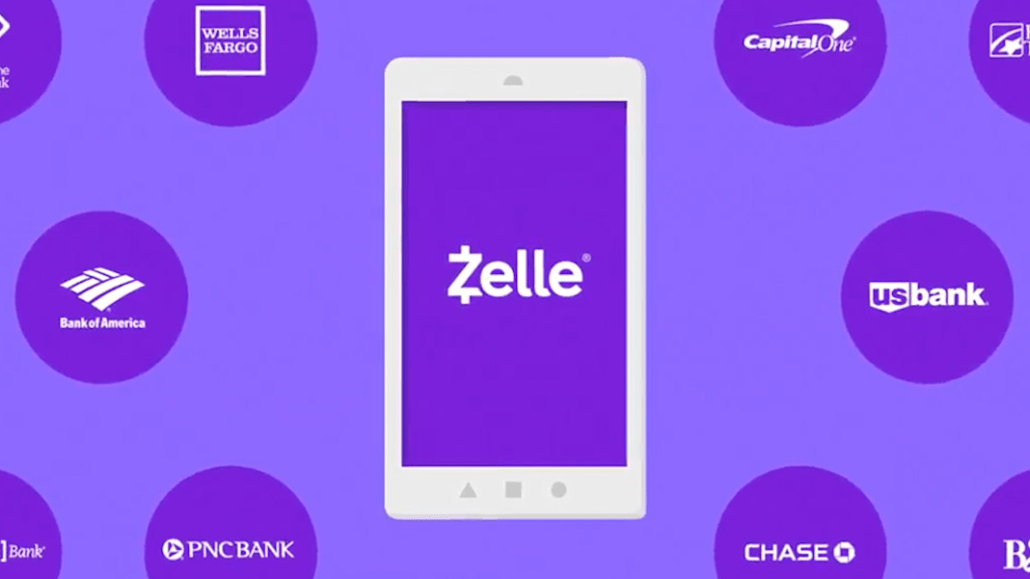
How banks promote Zelle is about more than television ad campaigns.
This year Chase and Wells Fargo have launched 15- and 30-second commercials advertising Zelle, the peer-to-peer payments offering built right into banks’ mobile apps. Zelle itself has even launched a couple of spots, one featuring Hamilton star Daveed Diggs.
Smaller banks that can’t afford national commercials, however, will need to promote Zelle in their existing products, their mobile banking apps, and perhaps take a page from fintech startups’ marketing playbook and design their apps in such a way that the product does the selling for them. That’s according to a new report by Javelin Strategy on Zelle’s rollout; that it emphasizes within its own mobile banking experience that a product called Zelle exists and communicates the benefits of using it and the reasons its better than competitors like Venmo or Square Cash.
“Banks are doing a lot of things right but this is not an easy thing to introduce,” said Mark Schwanhausser, director of the digital banking practice at Javelin and the author of the report. “It’s not a simple feature you can roll out and say ‘try it.’ Explaining all these things means you have to prioritize because there just isn’t enough time so you have to be very selective… I don’t envy bank marketers who have to try to figure out how to in 15 seconds give an elevator pitch.”
More in Marketing

WTF are tokens?
When someone sends a prompt or receives a response, the system breaks language into small segments. These fragments are tokens.

AI is changing how retailers select tech partners
The quick rise of artificial intelligence-powered tools has reshaped retailers’ process of selecting technology partners for anything from marketing to supply chain to merchandising.

YouTube’s upmarket TV push still runs on mid-funnel DNA
YouTube is balancing wanting to be premium TV, the short-form powerhouse and a creator economy engine all at once.





